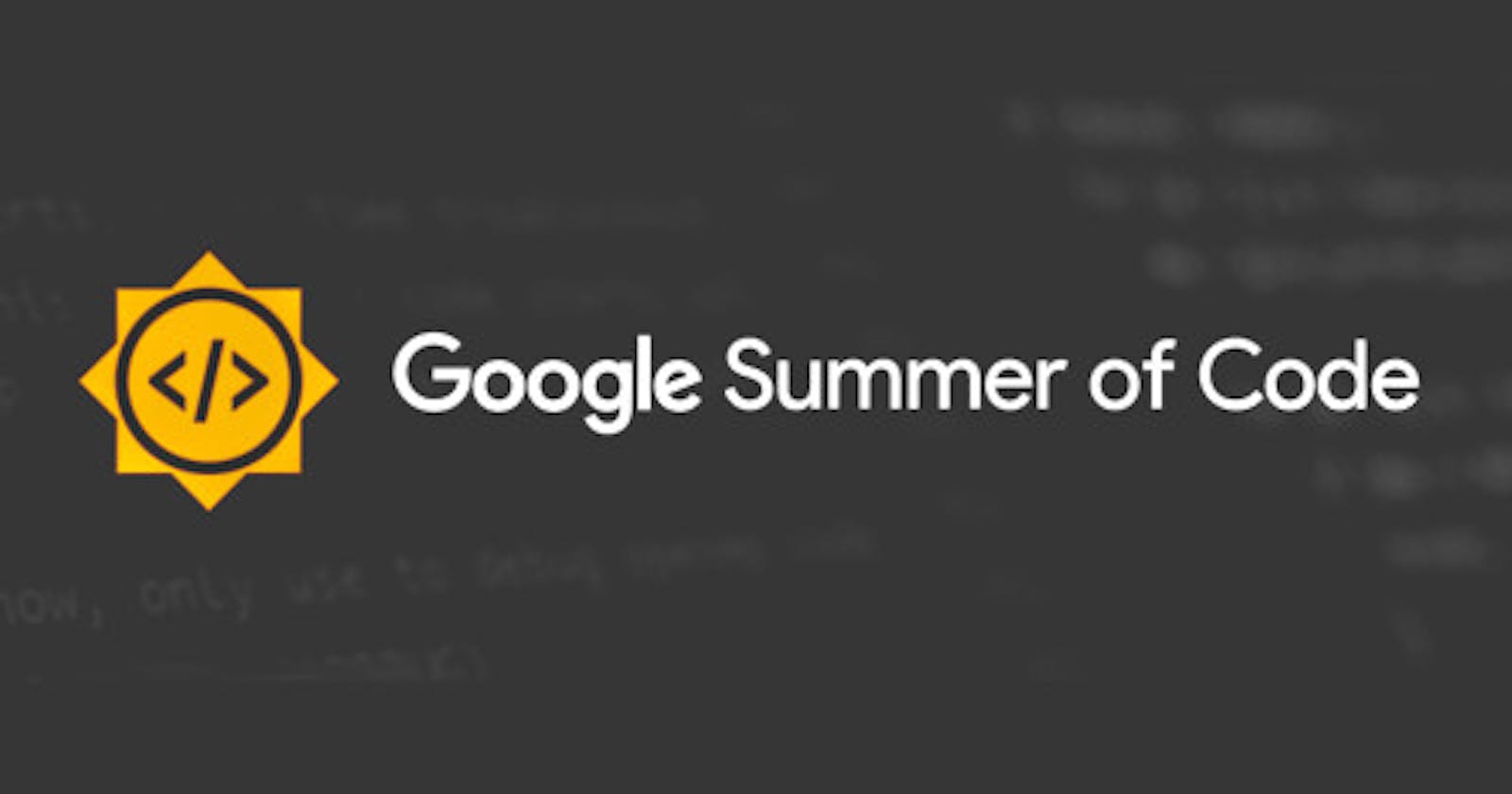GSoC Community Bonding and Mid-term Mentor Evaluation
You’ve made it to Google Summer of Code — a reputed development opportunity for students around the globe. What next???
Table of contents
Community Bonding
With the selection mail, you automatically enter the Community Bonding Period on your dashboard and GSoC officially kicks in for you. In this phase of 21 days, you get opportunities to meet and greet your fellow mentees and your mentors.
You get an opt-in mailing list consisting of the GSoC Students accepted for the season and the GSoC Alumni list which consists of the 10,000+ GSoCers in time. You also receive a GSoC mail related to the Payoneer account set up for getting your stipend when the time comes.
Apart from the mails, there is a GSoC meet of all the students to interact with your fellow mates and connect with them.
Postgres specific, there was a meeting of all the students selected in Postgres where we got to interact with fellow mentees and mentors. Here, I got to know more about the selected students and their projects. Soon after that, I had my first mentor meeting. It was a friendly call to get to know each other, with jokes and laughter. Still, it was also about finalizing the deliverables, going over different approaches to fulfill subtasks, and getting them approved over a period of time, along with fixing a mode of communication and deadlines.
Officially community bonding is for the first few weeks, but truth be told it goes on throughout the program and it's up to you to make the most out of it and be a part of the community.
I am writing this blog after my mid-term evaluation so I have a lot to tell.
Mid-term Evaluation process
A week prior to the evaluation, I mailed a report to the mentors consisting of weekly progress along with a patch of code. The report marked all the milestones and significant results, along with program highlights and upcoming plans for the remaining part of GSoC. This was not compulsory at the end of GSoC, something me and my mentor decided on. This was helpful for my mentor while filing my evaluation form, to be up to date on the progress.
The mentor gets a form to fill in, related to progress and so do the mentees. The form I filled out had the following criteria:
- When did you first communicate with your organization this year?
- How many weeks before accepted orgs were announced did you first communicate with the org?
- How often, on average, do you interact with your mentor(s)?
- How do you communicate with your mentor(s)?
- What is your preferred method of communicating with your mentor?
- Rate the quality of interactions with your mentor(s)
- Was the community bonding period before coding began helpful for you?
- What is the most challenging part of participating in GSoC so far?
- How responsive are your mentor(s)?
- Feedback for your organization and mentors?
After the evaluation, you get feedback from your mentor on your dashboard. Mine said, not to assume things when in doubt, just ask. Something important for me to learn on a personal note. If you pass, you get your stipend within 48 hours on the Payoneer account if it is set up correctly.
My Experience so far
I have enjoyed every step and hurdle in my GSoC experience as I have grown tremendously. I have a deep understanding of industry-level coding practices. I was good at flask but through the process, I advanced in it. I learnt new skill sets like React, chart.js library, Grafana for checking backend calls are working fine before connecting with frontend, and MySQL with python. Basically, I improved on my already developed skills by contributing to open-source and developed new ones too.
I widened my perspective by looking at the level of granularity and thought put in code by the organization to make it efficient, modular, and optimal in terms of design and performance. I also learnt system design through the project and navigated my ways by learning new skills quickly in a fast-paced environment.
Apart from coding, I now have better communication skills through regular mentor catch-up and strengthened documenting skills by putting thoughts to words while writing reports and tech blogs like these.
If you haven't already read my previous blog, Go check it out here.
